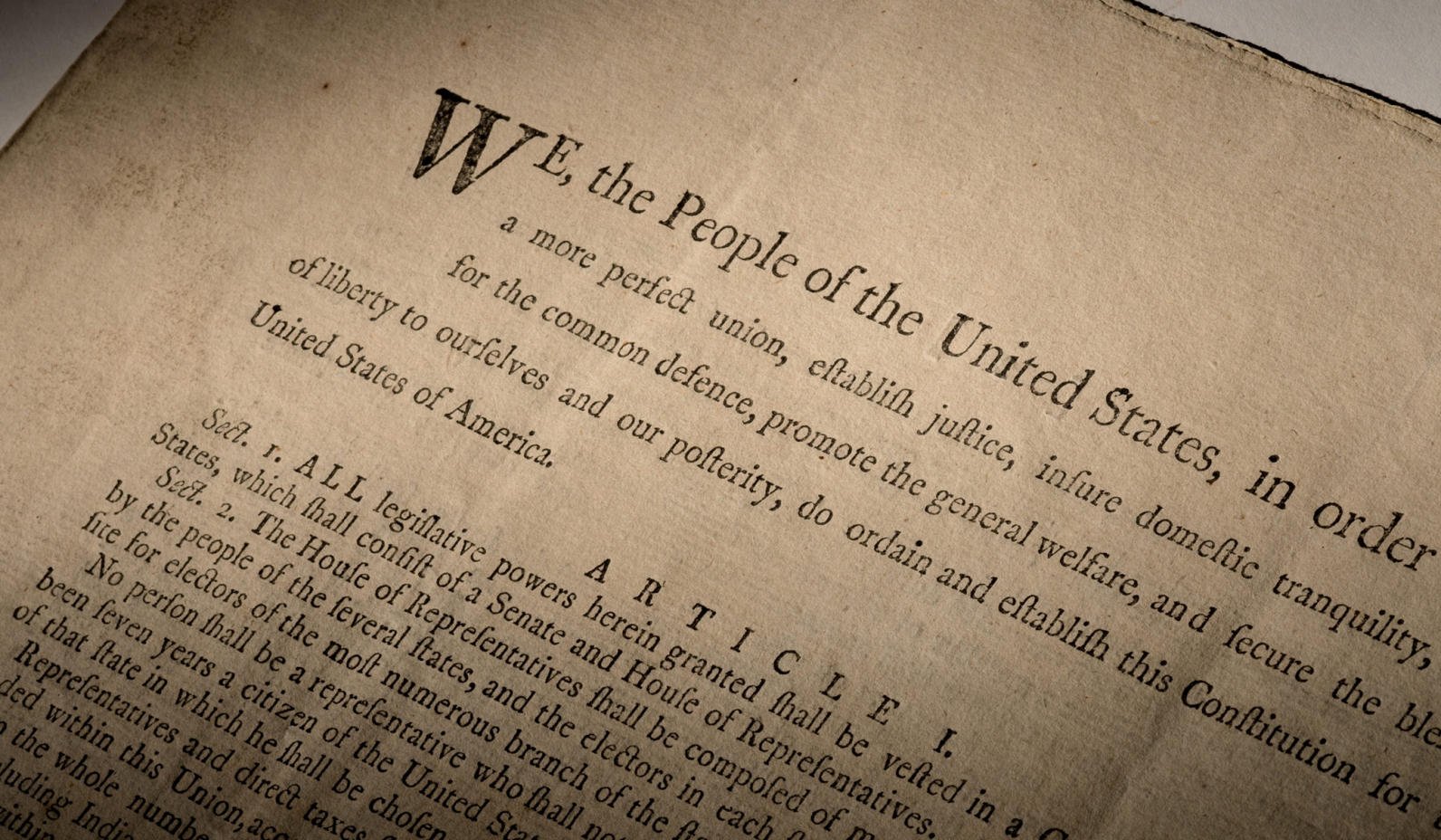
By CHARLES C. W. COOKE. Media: National Review.
Here’s the Washington Post:
A federal judge in Texas on Thursday blocked President Biden’s student loan forgiveness program, delivering a victory to a conservative advocacy group that sued to strike down the plan.
This was not a victory for “a conservative advocacy group.” It was a victory for the rule of law. It was a victory for Article I. It was a victory for separation of powers. It was a victory for people who can read. It was a victory, in other words, for America’s beautiful constitutional order.
This particular suit had to do with the Administrative Procedure Act. As the Post noted, “the suit alleges the administration violated federal procedures by denying borrowers the opportunity to provide public comment before unveiling the program.” But that’s just one small part of the order’s extraordinary illegality. From the start, it has been entirely obvious that if the question ever reached the merits of this case, it would be nixed by the courts. And so it has. In his opinion Judge Pittman recorded that Biden’s order “does not provide clear congressional authorization for the program proposed by the Secretary.” Specifically, he observed that student-loan forgiveness is not mentioned in the statute that Biden pretended gave him authority; that, because Biden himself had declared the pandemic to be over, there was no justifying “emergency” in the first place; and, finally, that the agency that was expected to execute the order had found recently that it had no such authority. Because this is a “major question,” the judge concluded, the court was not obliged to defer.
The Post records that this development
comes after the U.S. Court of Appeals for the 8th Circuit last month granted a stay against the loan forgiveness program in a separate lawsuit brought by six Republican-led states. The cases are among a growing number of legal challenges to stop Biden’s program. Some of those suits, including one filed in Indiana and another in Wisconsin, have been dismissed for lack of standing, but others are ongoing.
The case in the 8th Circuit is still pending. There is no reason to believe that it will end differently than this one.




























































































Discussion about this post